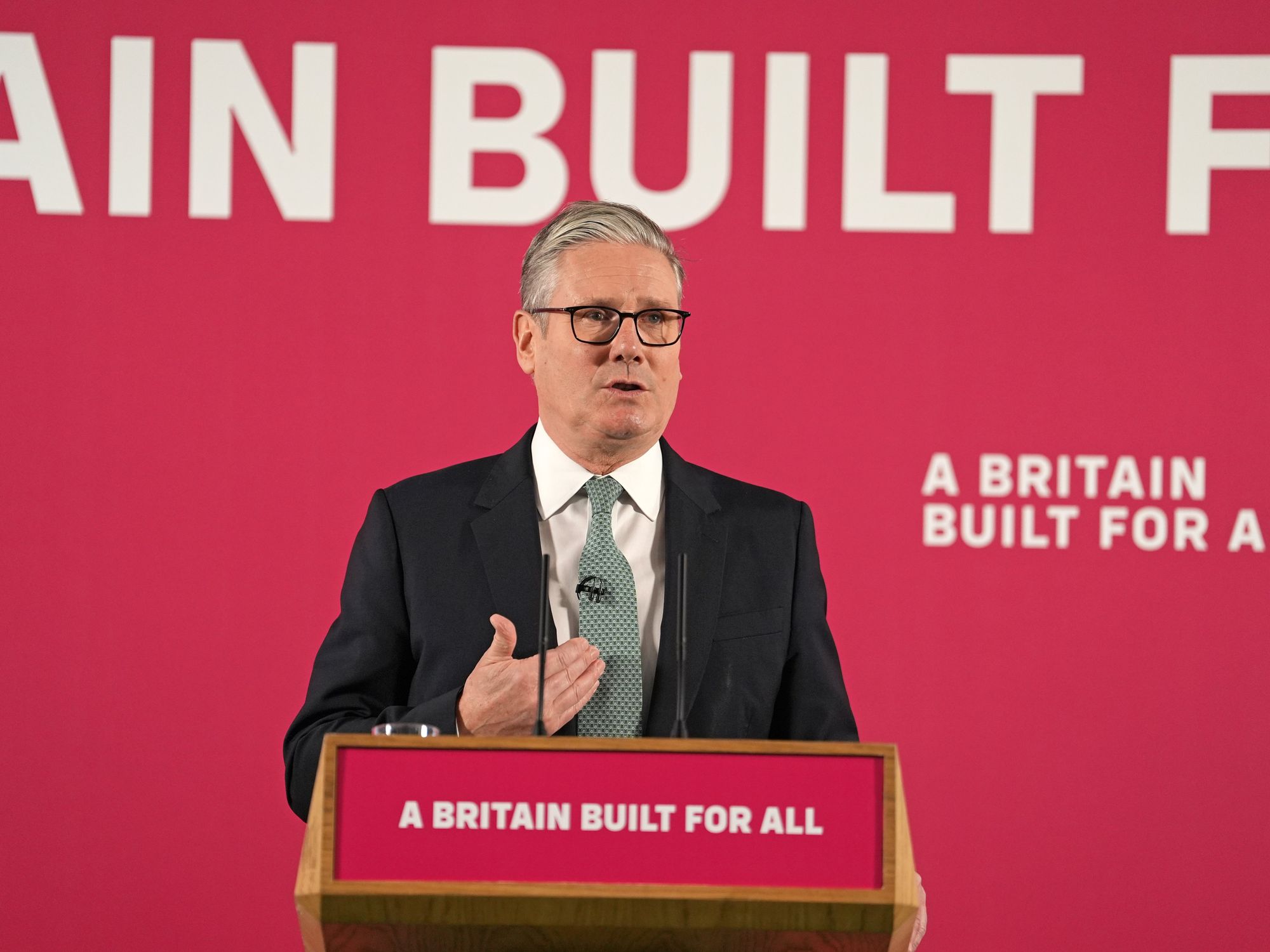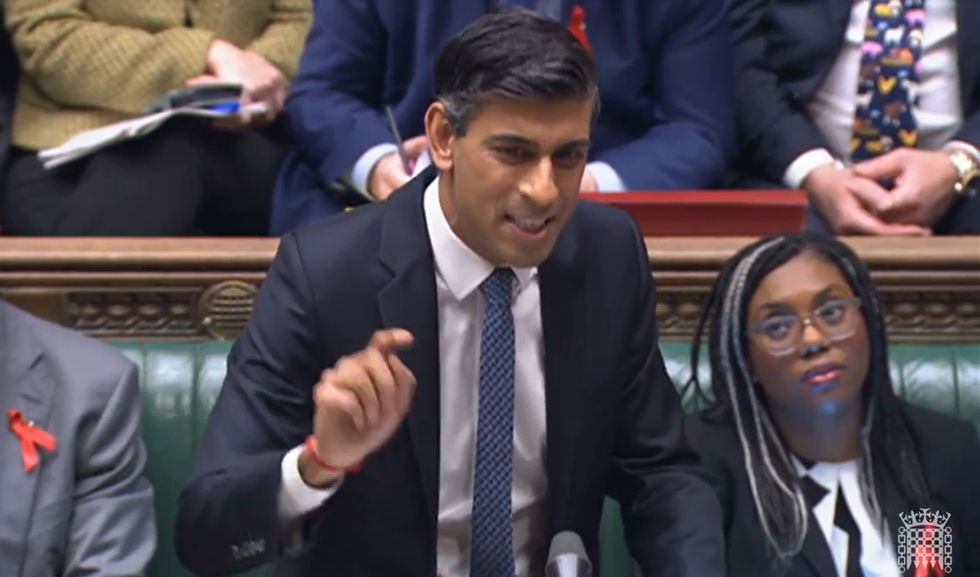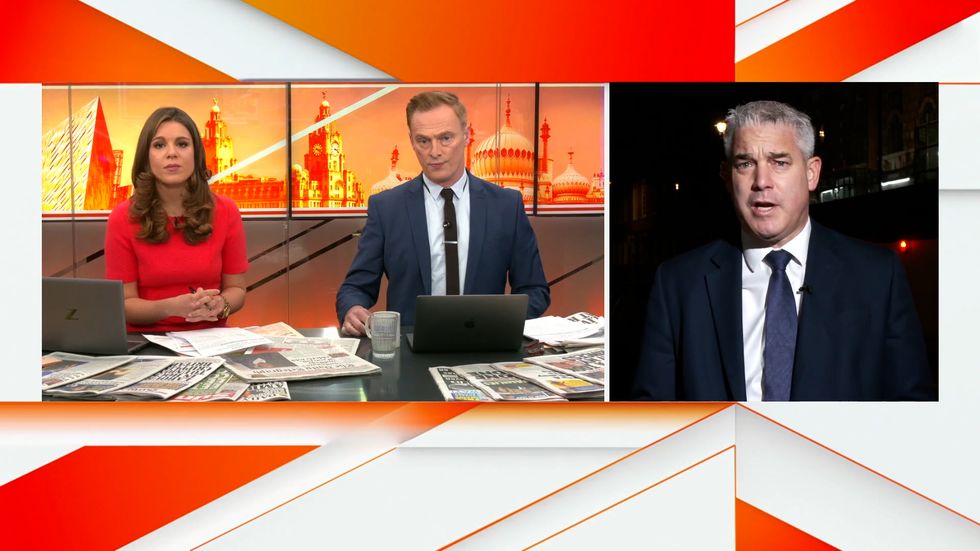Rishi Sunak has 'stood his ground' over ambulance strikes says Health Secretary

The GMB, Unison and Unite are co-ordinating industrial action across England and Wales after accusing the Government of ignoring pleas for a decent wage rise
Don't Miss
Most Read
Latest
Health Secretary Steve Barclay said there is “still a question” over whether ambulance services will cover all emergency callouts during strikes.
Unions have said they will respond to life-threatening incidents – known as a category one call – when they strike on December 21 in a row over pay.
Rishi Sunak has 'stood his ground' over ambulance strikes, the Health Secretary has said
House of Commons
The GMB, Unison and Unite are co-ordinating industrial action across England and Wales after accusing the Government of ignoring pleas for a decent wage rise.
Mr Barclay said officials plan to meet on Thursday to discuss coverage of category two callouts – which cover heart attacks, strokes, epilepsy and burns.
But he said “the indication from the trade unions” is that conditions like heart attacks will be covered.
Mr Barclay said he is “open to talks with the trade unions” and later added “it’s not just about pay, there’s many issues that affect staff, the quality of the NHS, tech, of staff and staffing levels”.
He said if everyone in the public sector was given a pay rise in line with inflation it would cost £28 billion.
Mr Barclay told GB News the “Prime Minister has stood his ground” in the dispute.
The strike will happen a day after members of the Royal College of Nursing stage their second walkout, also over pay.
Elsewhere, he told Times Radio: “We’ve got further talks with the officials tomorrow on what are called the derogations – which bits of the service that they will offer.
“They’ve said that they will continue to offer life-threatening service, so that’s the cat ones.
“There’s a question in terms of whether they will cover all the cat twos – those are the emergency responses to things like heart attacks and stroke – so it is hugely important that those are also covered.”
He said the category three and four calls are “still very important”, adding: “Clearly, if those are not covered because of the strikes, that places huge pressure.
“Of course, we can look at what contingency plans we can put in place, but they’re never going to cover the same amount as having 3,000 ambulances on the day, which is roughly what we have on a typical day.
“There is a risk if we can’t get ambulances to people.”
Steve Barclay joined Rosie and Martin on Breakfast
GB News
The GMB said more than 10,000 ambulance workers across nine trusts in England and Wales will strike.
Members of the union will strike at South West Ambulance Service, South East Coast Ambulance Service, North West Ambulance Service, South Central Ambulance Service, North East Ambulance Service, East Midlands Ambulance Service, West Midlands Ambulance Service, Welsh Ambulance Service, and Yorkshire Ambulance Service.
GMB representatives are set to meet individual trusts to discuss requirements for life-and-limb cover.
Paramedics, emergency care assistants, call handlers and other staff will also walk out on December 28.













